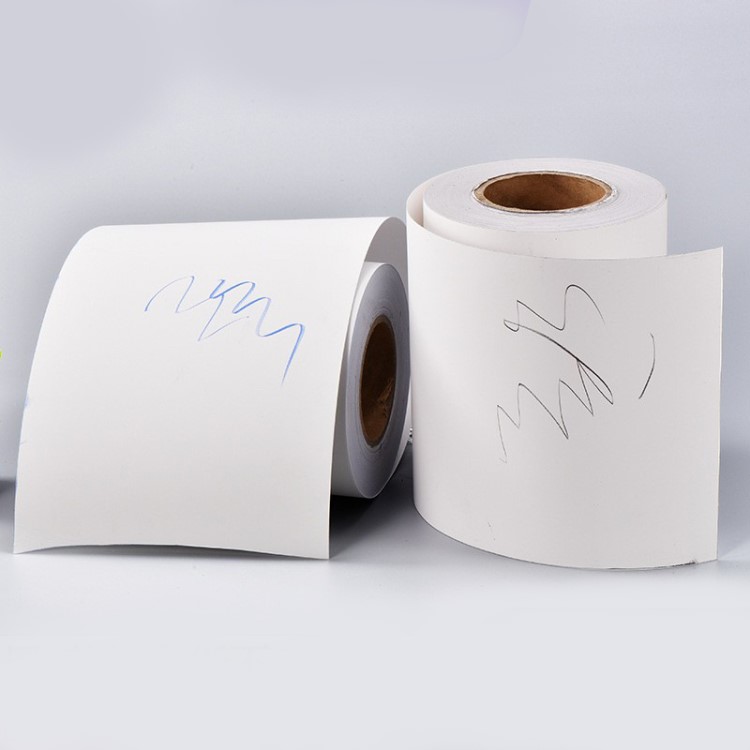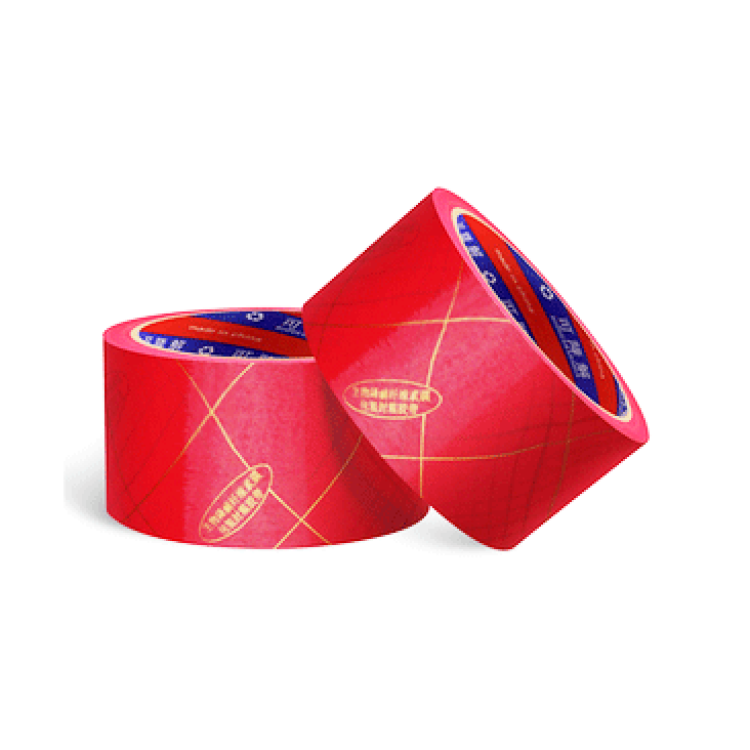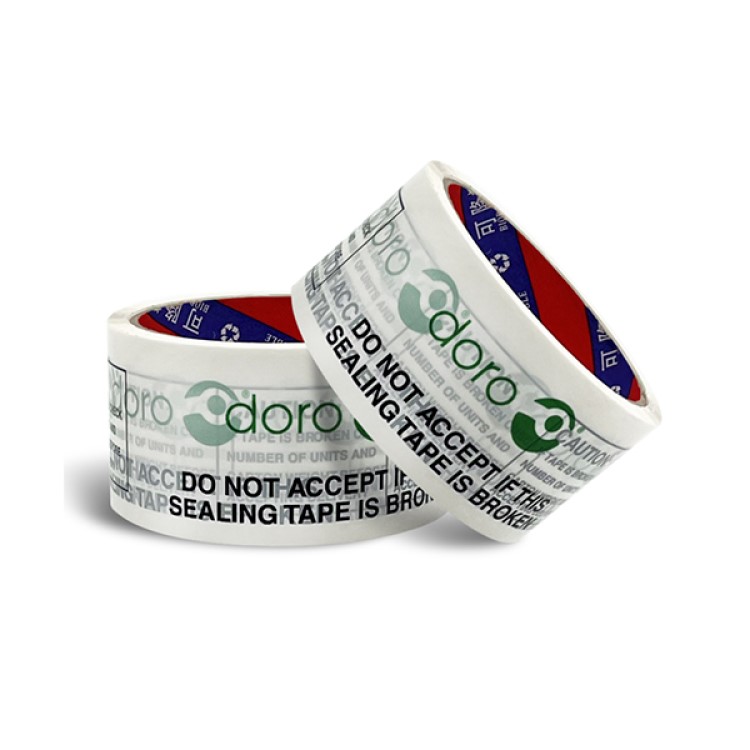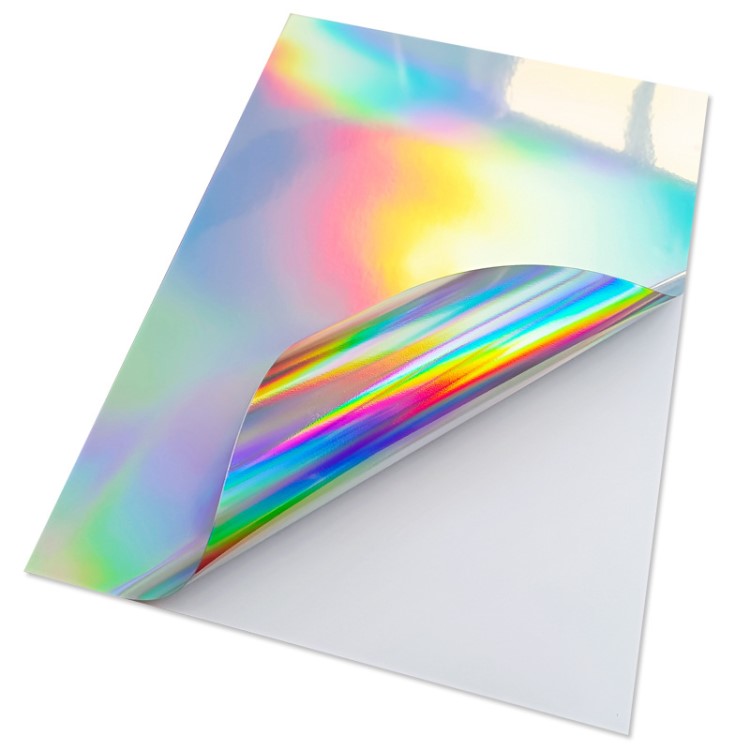Types of High-Temperature Labels: A Classification Overview
Sticker labels play a crucial role in various industries, providing essential information and identification for products. In high-temperature environments, where extreme heat can degrade traditional labels, specialized high-temperature labels are required. These labels are designed to withstand elevated temperatures without compromising their readability or adhesive properties. In this article, we will provide a comprehensive classification overview of the different types of high-temperature labels available in the market.
1. Heat-Resistant Paper Labels
Heat-resistant paper labels are a popular choice for applications that require moderate resistance to high temperatures. These labels are typically made from specially treated paper, which enhances their thermal stability. Heat-resistant paper labels can withstand temperatures up to 250°C (482°F) without losing their adhesive strength or readability. They are commonly used in industries such as automotive, electronics, and manufacturing.
2. Polyester Labels
Polyester labels are known for their exceptional durability and resistance to extreme temperatures. These labels are made from a polyester film that can withstand temperatures up to 300°C (572°F). The polyester material ensures that the labels remain intact and legible even in harsh environments. Polyester labels are widely used in the aerospace, automotive, and chemical industries, where exposure to high temperatures is common.
3. Ceramic Labels
Ceramic labels are specifically designed for applications that involve extremely high temperatures, such as foundries and steel mills. These labels are made from a ceramic material that can endure temperatures exceeding 1000°C (1832°F) without degradation. Ceramic labels offer excellent resistance to heat, chemicals, and abrasion, making them ideal for extreme industrial environments.
4. Metal Labels
Metal labels are widely recognized for their durability and resistance to high temperatures. These labels are typically made from stainless steel or aluminum, which can withstand temperatures up to 600°C (1112°F) and 350°C (662°F), respectively. Metal labels are commonly used in applications that require long-term identification in harsh conditions, such as in the oil and gas, automotive, and aerospace industries.
5. Thermal Transfer Labels
Thermal transfer labels utilize a special printing process that involves the application of heat to transfer ink onto the label material. These labels are compatible with a wide range of materials, including polyester, vinyl, and polyimide, which offer varying degrees of heat resistance. Thermal transfer labels can withstand temperatures up to 350°C (662°F) and are commonly used in industries such as electronics, automotive, and medical devices.
Conclusion
In high-temperature environments, using the right type of label is crucial to ensure accurate identification and information retention. Heat-resistant paper labels, polyester labels, ceramic labels, metal labels, and thermal transfer labels are all viable options for different temperature ranges and industrial applications. By understanding the classification of high-temperature labels, industries can make informed decisions when selecting the most suitable label type for their specific needs. Choosing the appropriate high-temperature label ensures that product identification remains intact, even in the most extreme heat-intensive environments.
We offer comprehensive technical support, including free professional labeling solutions, advice on label materials and adhesive selection, as well as online/offline assistance from professional software and hardware engineers. Service email: andy@ownlikes.cn. In pre-sales, we leverage our extensive experience in specialty labeling projects to provide clients with the most suitable hardware solutions. Additionally, all our label barcode printers and scanners come with a three-year free warranty, demonstrating our confidence in our products.






This site is protected by reCAPTCHA and the Google Privacy Policy and Terms of Service apply.